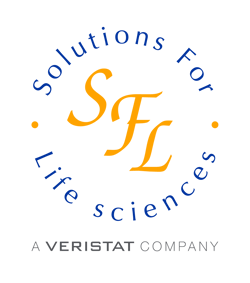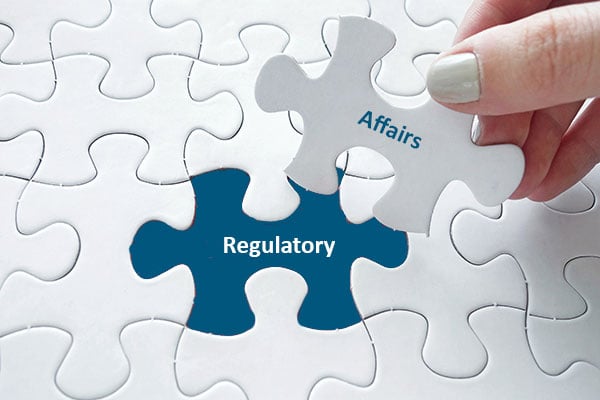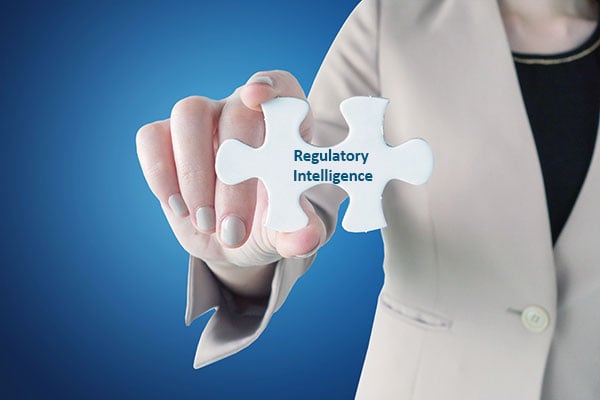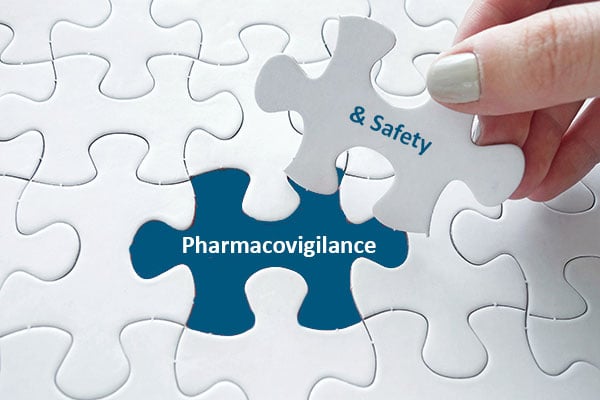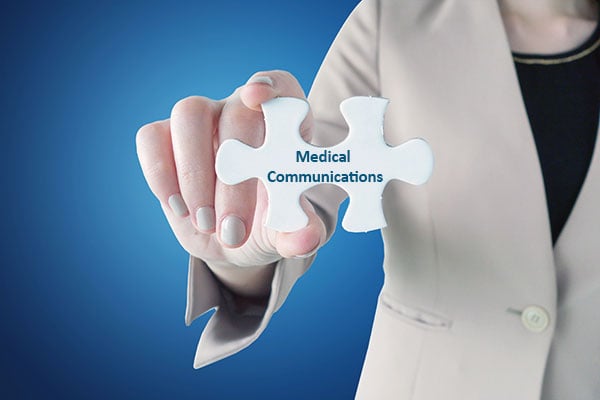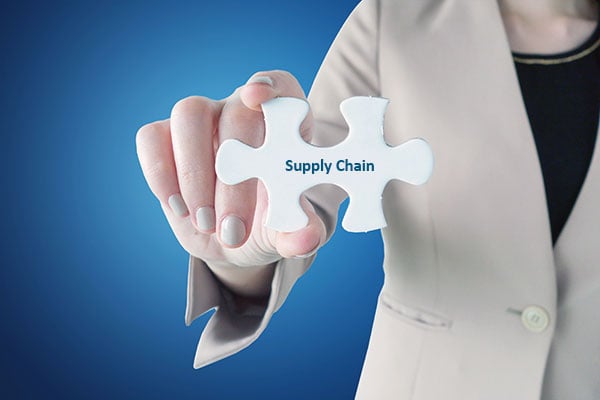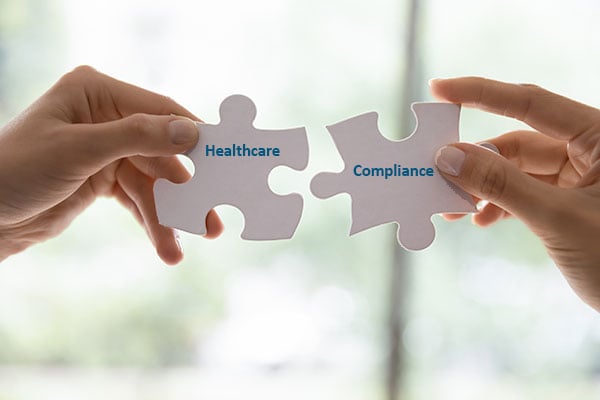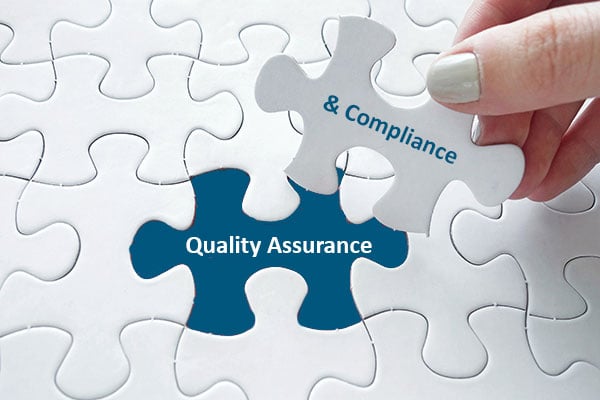SFL is Now Veristat
Accelerating clinical development and patient access to your innovative treatments – with integrated solutions from the Science-First CROTM and Consultancy
SFL is now a part of Veristat, allowing us to better serve your clinical development and regulatory affairs needs across the product development lifecycle, from program design to full-service clinical trial execution and therapy commercialization.
Have questions about the integration, the services you have been receiving from SFL, or understand the new services now available to you from Veristat? Let's Talk.


